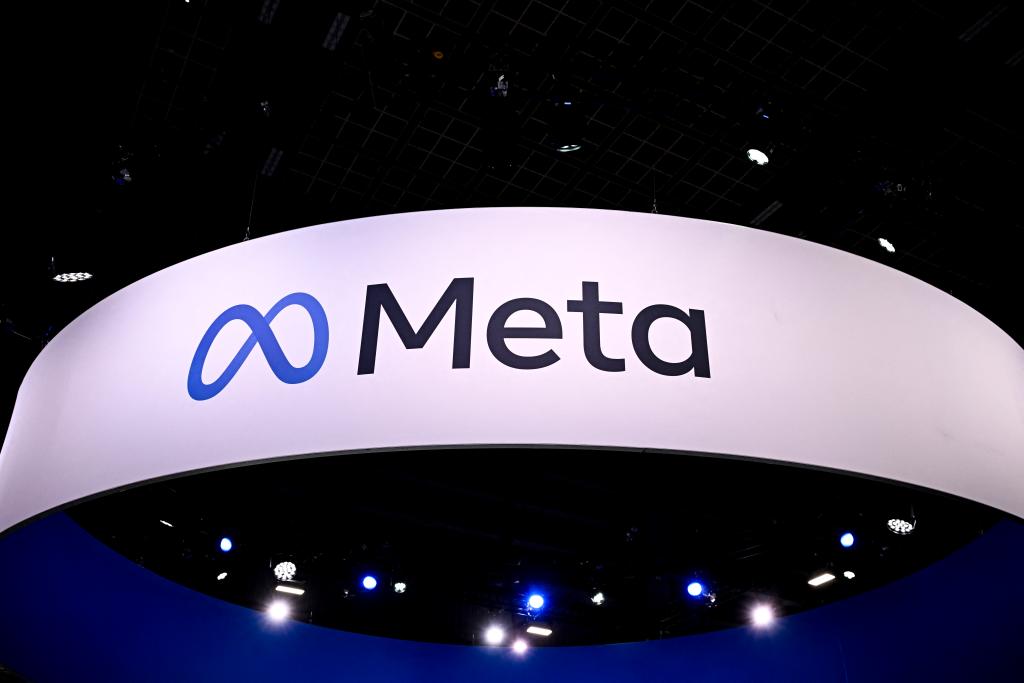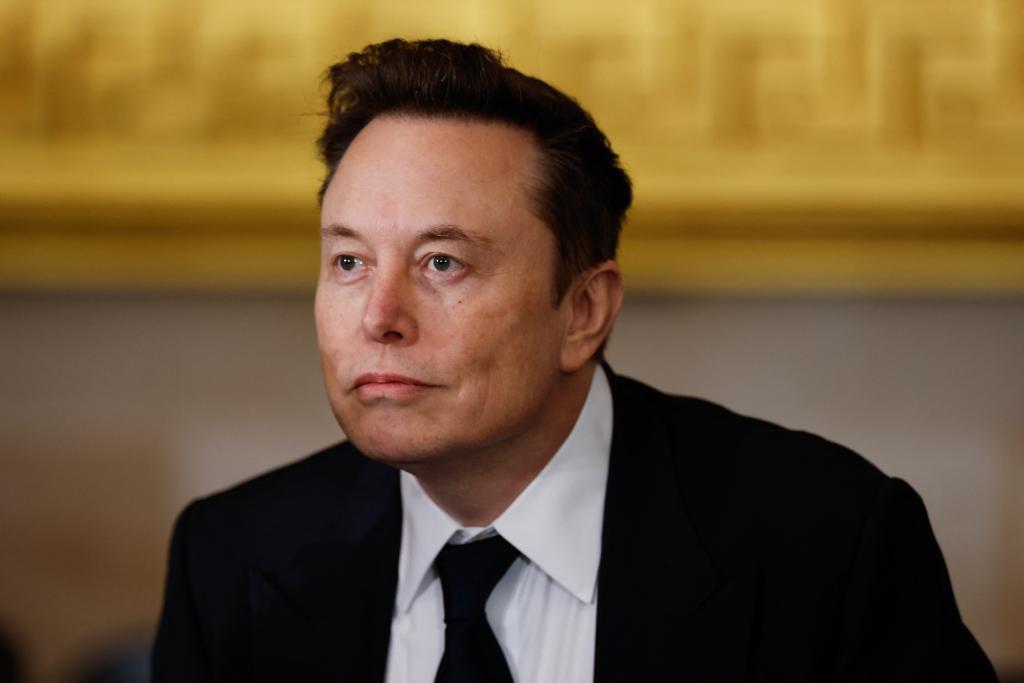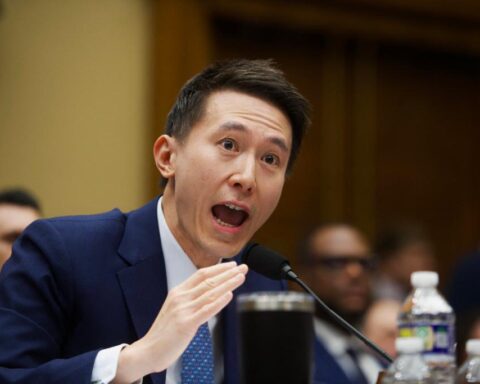The Settlement Includes $22 Million for Trump’s Future Presidential Library and Signals Renewed Efforts by Meta to Rebuild Ties with the Former President
In a move that has garnered significant attention, Meta has agreed to settle a lawsuit filed by former President Donald Trump, stemming from the social media giant’s suspension of his accounts following the violent attack on the U.S. Capitol on January 6, 2021. The tech company will pay $25 million to resolve the litigation, with $22 million earmarked for Trump’s future presidential library and the remainder going towards legal fees and other litigants.
The settlement marks a pivotal moment in the ongoing relationship between Silicon Valley’s most influential companies and Trump. After months of legal wrangling, the agreement was reached in the wake of a meeting between Meta CEO Mark Zuckerberg and Trump at the latter’s private Florida residence in November. The dinner, part of a broader effort to reconcile with the incoming Trump administration, included discussions about the lawsuit and negotiations over its resolution.
The $25 million payment to Trump’s legal team and the library fund highlights Meta’s attempt to smooth over its public relations with the former president and his political allies. Following the meeting, Meta made headlines when Zuckerberg and other tech leaders, including Amazon’s Jeff Bezos and Google’s Sundar Pichai, attended Trump’s inauguration in January. Additionally, Meta contributed $1 million to Trump’s inaugural committee and signaled a shift in its content moderation strategy, which included dropping fact-checking measures that had long been a point of contention for Trump and his supporters.

Trump’s lawsuit, filed after leaving office, accused social media companies, including Meta, of “illegal, shameful censorship” following the Capitol riot. He argued that the suspension of his accounts was an unjustified infringement on his freedom of speech. The legal battle also touched on broader issues of platform moderation, with Trump and others asserting that social media companies had overstepped their bounds under Section 230 of the Communications Decency Act, which grants tech platforms immunity from liability for user-generated content.
Despite the controversy surrounding the suspension, the settlement appears to be part of Meta’s strategy to rebuild its relationship with Trump. The company’s efforts to mend ties come as part of a broader initiative to work more closely with the Trump administration. Zuckerberg’s public meetings with the president, combined with the financial settlements, signal Meta’s intention to navigate the politically charged landscape of social media regulation and its ongoing influence in political discourse.
Meanwhile, Trump’s nonprofit, which will benefit from the lion’s share of the settlement, is expected to play a key role in the construction of his future presidential library. The funds allocated to this cause are a crucial part of Trump’s long-term vision, and the deal with Meta could further solidify his post-presidency legacy.
This settlement also mirrors other high-profile corporate legal battles involving Trump, including a defamation lawsuit against ABC News, which resulted in a $15 million contribution to his presidential library. These cases reflect the broader landscape in which Trump remains a central figure in both political and business negotiations.
In conclusion, the Meta settlement not only resolves a contentious legal issue but also underscores the deepening ties between the tech industry and Trump, as well as the growing impact of digital platforms on political power dynamics. As the country continues to grapple with the role of social media in public life, this settlement serves as a reminder of the complex interplay between technology, politics, and corporate interests in the modern era.
















